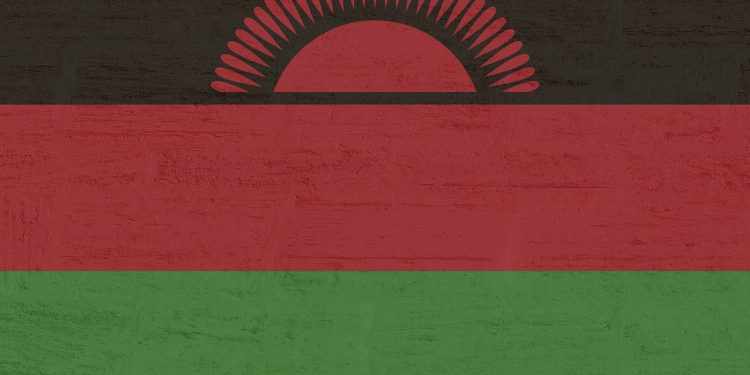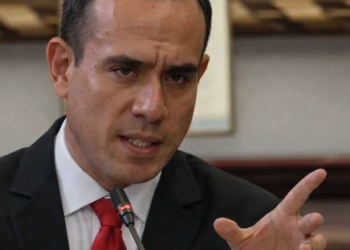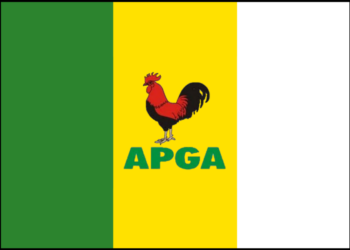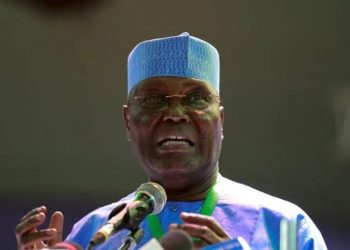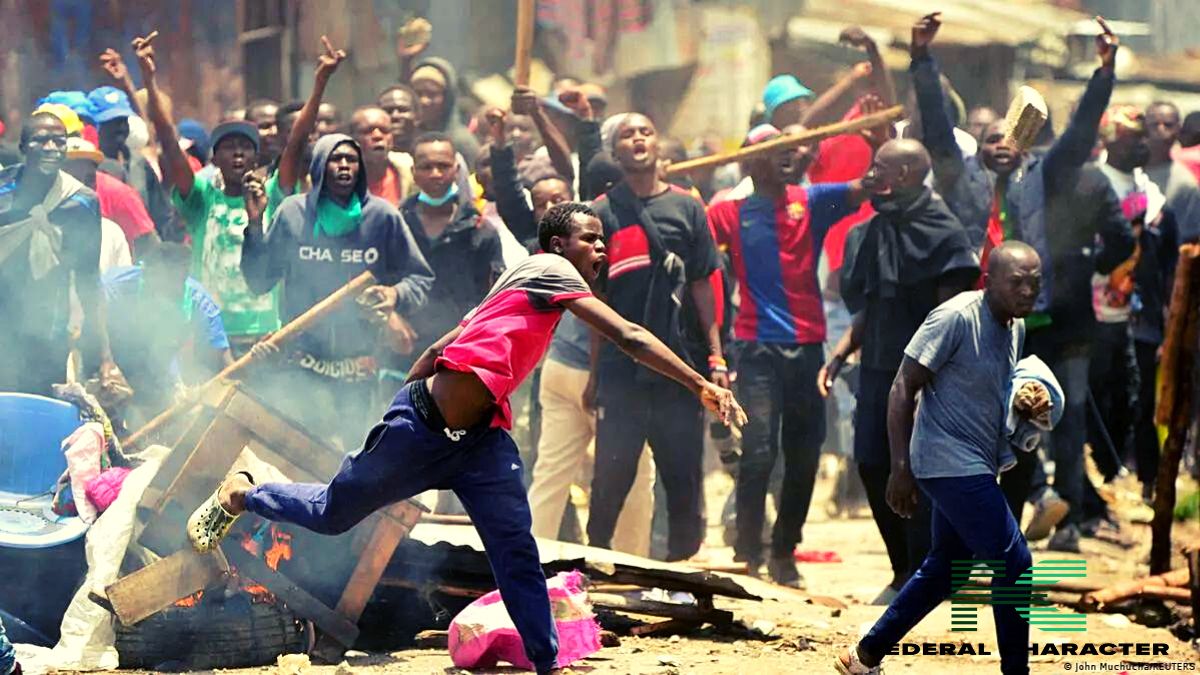As Malawians prepare to head to the polls on September 16, 2025, the country finds itself at a dangerous crossroads. This election is not a simple choice between two candidates; it’s a referendum on whether the nation will continue its path toward democratic consolidation or regress into a cycle of political instability and contested legitimacy.
The shadows of the 2019 annulled elections still loom large, and this time, the stakes are arguably even higher. The current political climate, defined by a crisis of confidence in the electoral commission and a shocking rise in politically motivated violence, threatens to undo the hard-won gains of the past five years.
The contest between incumbent President Lazarus Chakwera and his long-time rival, former president Peter Mutharika, is a painful reflection of Malawi’s inability to break free from a cycle of recycled leadership and persistent failure. Both candidates are burdened by serious allegations of corruption and links to periods of economic turmoil.
Chakwera’s administration, which came to power on a wave of anti-graft promises, has been widely criticized for failing to live up to its rhetoric, particularly with the abrupt dropping of charges against high-profile figures and the continued vacancy at the head of the Anti-Corruption Bureau (ACB).
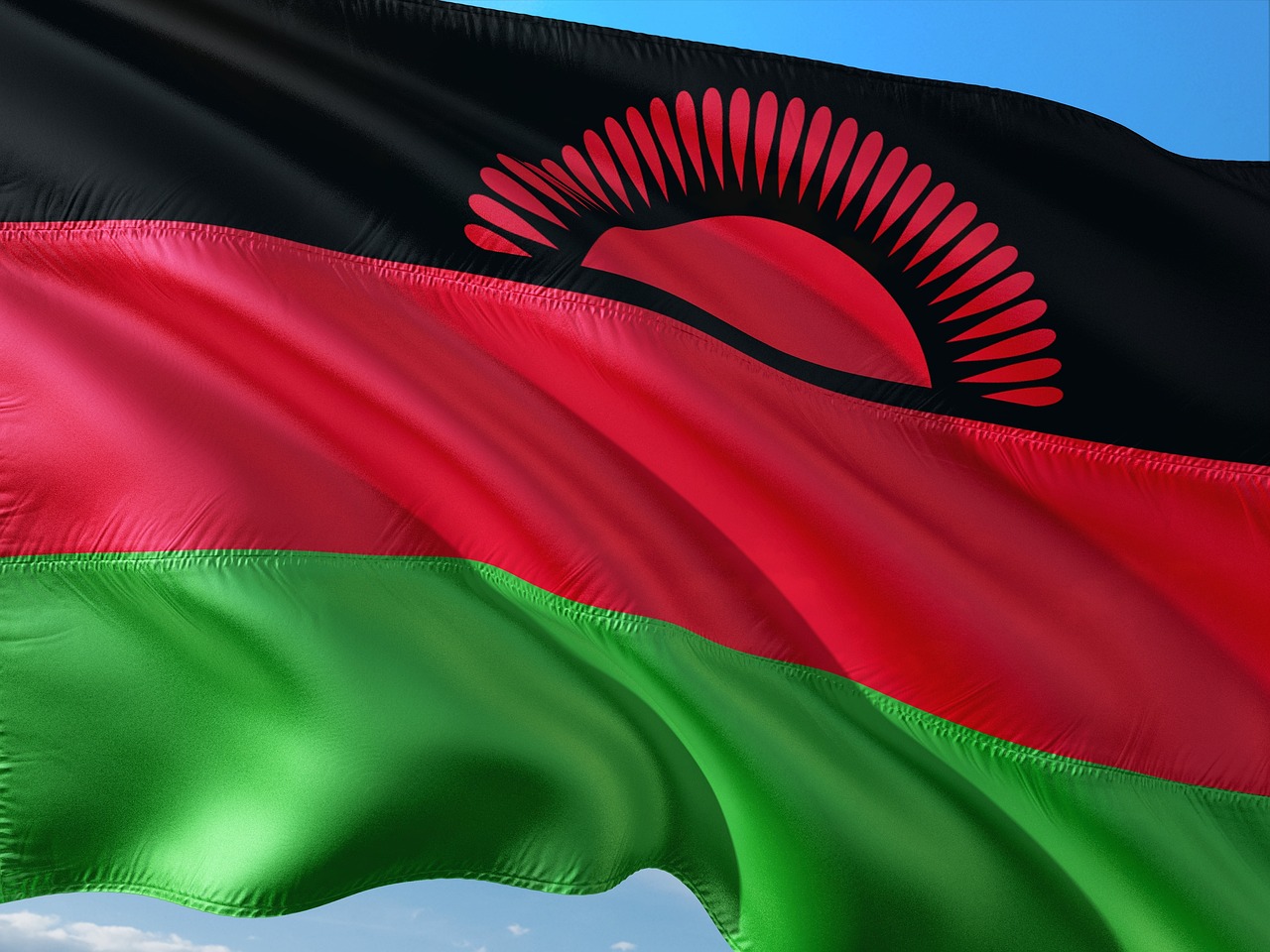
Similarly, Mutharika’s prior term was marred by its own corruption scandals and economic woes. The fact that the most prominent contenders are part of a political old guard highlights a core issue: a lack of fresh, transformative leadership to tackle the nation’s deep-seated problems.
The true tragedy here is that the people of Malawi are being forced to choose between two unappealing options in the midst of a perfect storm of economic hardship and natural disasters.
The country’s economic turmoil, compounded by Cyclone Freddy and a severe drought, has sent inflation soaring and pushed many into extreme poverty. The mysterious death of Vice-President Saulos Chilima has also fueled public suspicion and distrust, adding another layer of fragility to an already tense political environment.
Solutions for a Broken System
This election presents a crucial opportunity for Malawi to reaffirm its commitment to democracy, but this will require more than just a smooth polling day. To avoid another post-election crisis, several key actions must be taken.
First, the Malawi Electoral Commission (MEC) must take decisive steps to restore public trust. This includes a transparent and independent audit of the voter roll and a clear, public denunciation of any perceived political bias within its top leadership.
Second, law enforcement agencies must act swiftly and impartially to address politically motivated violence. The failure to prosecute those responsible for the attacks on demonstrators sends a dangerous message of impunity.
Third, the international community, including bodies like the African Union and the SADC, must provide vigilant and sustained observation to ensure the election is free and fair.
Finally, and most importantly, the next leader of Malawi must move beyond empty promises and enact a new approach to governance. This means implementing structural reforms that tackle corruption head-on, promoting economic diversification beyond agriculture, and investing in climate resilience to protect the population from future natural disasters.

